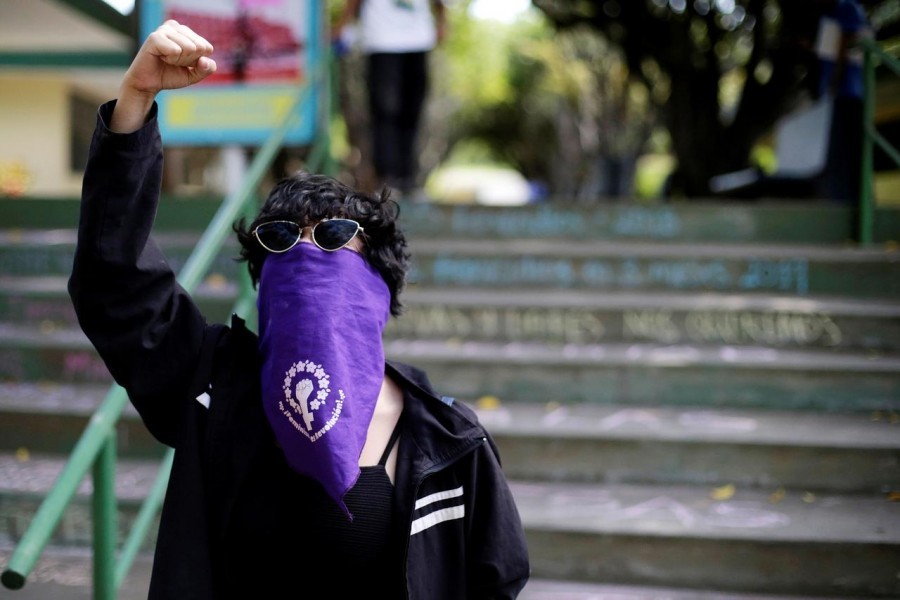The Nicaraguan government has agreed to release all opposition prisoners within 90 days in a bid to restart stalled peace talks.
Mediators said the government would free more than 700 people detained since anti-government rallies began last April.
A crackdown on the protests has left more than 300 people dead.
The agreement also called for sanctions imposed on Nicaragua by the US and EU to be lifted.
Luis Angel Rosadilla, a special envoy from the Organization of American States (OAS), told a news conference that President Daniel Ortega's government had agreed to release "all the people detained in the context of the protests".
The process, which opposition leaders said could begin this week, will be monitored by the Red Cross.
According to a statement issued by the presidency, both sides agreed on a six-point negotiation process and asked for international support to implement the agreements reached.
"A call will be made to the international community to suspend sanctions to facilitate the right to the human, economic and social development of Nicaragua, favouring the most vulnerable sections of the population," the statement said.
On Monday, an opposition umbrella group suspended talks with the government after 100 protesters were detained by police over the weekend, reports the BBC.
The Civic Alliance for Justice and Democracy (ACJD) said on Tuesday talks would not resume until all "political prisoners" were freed.
Unrest started in April 2018 when demonstrations against changes to the country's social security system widened into calls for the resignation of President Ortega, who has been in power for the past 12 years.
Talks to find a solution broke down after President Ortega ruled out calling early elections - the opposition's chief demand.
Since then, hundreds of people have been jailed, many of them students. Many later faced terrorism or murder charges and were handed long prison sentences by pro-Ortega judges.


